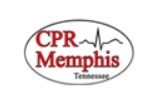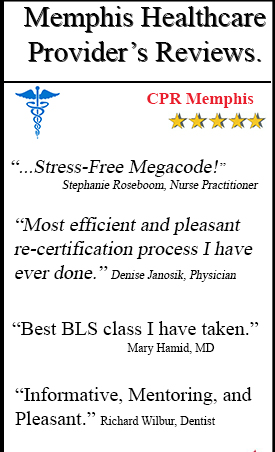9 Things You Must Know About Ovarian Cysts by Tarik Kavazovic
Call Us Now
Get the Best CPR Class in Memphis Today!
You may have never heard of ovarian cysts but believe it or not, most women have them sometimes in their lives. Ovarian cysts are similar to blisters. They are sac or pocket like and usually form on top of or within the tissue of the ovary. Usually they are harmless and go away without any treatment within a menstrual cycle or two but sometimes, and especially if they are ruptured, they can lead to some serious problems and complications. Here are a few symptoms of ovarian cysts and some important points too.
- A Dull pain going from your pelvis to your lower back and thighs.
- Pain in your pelvis or abdomen before or after your period.
- Pelvic or abdominal pain during sex.
- Having increased pressure on your bladder which leads to increased urination or increased difficulty urinating. This happens because the cyst may get so big that it will physically push up against the bladder.
- Experiencing similar symptoms to pregnancy including nausea, vomiting, and even breast tenderness. The reason you may experience these particular symptoms is because the cyst grows on the ovaries and the ovaries produce follicles which in turn produce estrogen and progesterone. These hormones may behave irregularly and give you the same symptoms as pregnancy.
- You should see a doctor immediately if you experience severe or sudden abdominal pain or abdominal pain accompanied with a fever and vomiting. These are serious symptoms and can mean you have a ruptured cyst or even worse, internal bleeding.
- When a cyst becomes too large it can cause your ovary to twist. This is known as ovarian torsion. Ovarian torsion can lead to severe abdominal pain.
- There are a few types of cysts the most common being functional cysts. These cysts that are formed from follicles after ovulation. There are two types of functional cysts, follicular and corpus luteum cysts. Follicular cysts occur when the follicle doesn’t rupture when its time to release the egg and the follicle keeps growing into a cyst. A corpus luteum cyst occurs when the follicle ruptures, the egg is released but the opening closes again and the buildup of fluid causes the corpus luteum to become a cyst.
- Other types of cysts include dermoid cysts, cystadenomas, and endometriomas. Dermoid cysts can contain skin, hair, and even teeth because they form from cells that hold your genes. Cystadenomas form from ovarian tissue and are filled with water or mucus. Endometriomas are cysts that form from endometrium when it grows outside the uterus.
Ovarian cysts are a normal thing and usually aren’t dangerous. It is very important to get regular pelvic examinations by your doctor and to know the symptoms of these cysts. Even the most insignificant thing can mean a world of trouble for you if you don’t take it seriously. You should always tell your doctor about anything weird that happens to your body especially if it’s during your menstrual cycle.
References: http://www.mayoclinic.com/health/ovarian-cysts/DS00129
Call Us Now
Get the Best CPR Class in Memphis Today!









